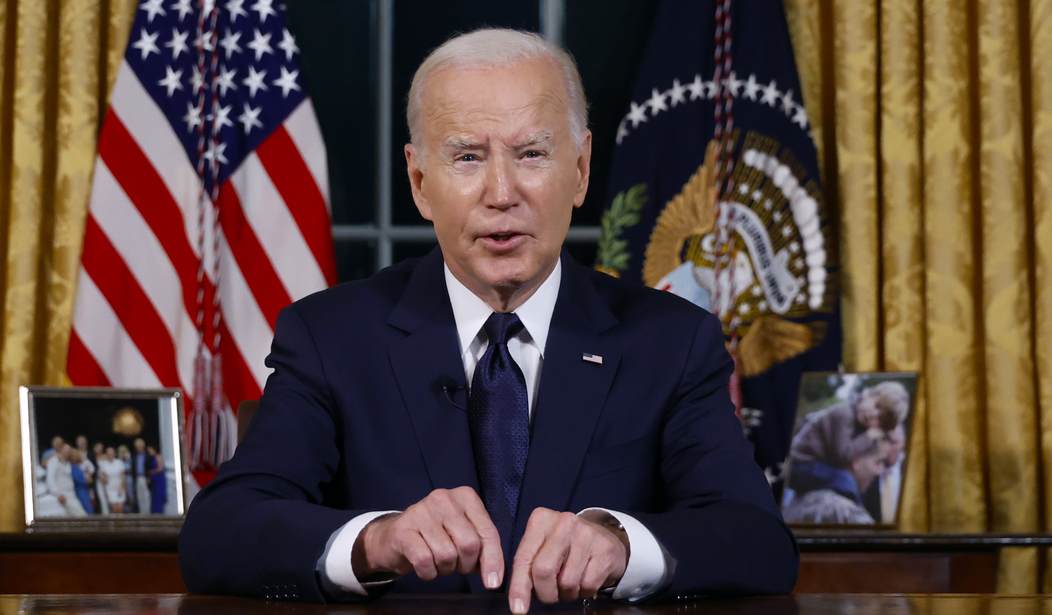Many years ago, after a hard day of radio journalism and program directing, I stopped at my favorite brewpub for an IPA and some chicken wings. I noticed a few friends who worked for a government agency and struck up a conversation. I mentioned having seen a story on TV at the gym about the federal government offering free health care to illegal immigrants. I opined that there were plenty of Americans who should receive that consideration before it was extended to people who entered the country unlawfully. One of the women looked at me, blinked, and said, "Well f**k you!"
Alright, then. Good talk. It wasn't the response I expected but considering the fact that people in the federal ecosystem function in an echo chamber, I guess I should not have been surprised. Mike Lee once told me that the people inside the Beltway are essentially unaware of the America or the world outside the Beltway. And with the advent of curated media, it should not be an eye-opener that the same mentality extends to many federal employees. That may go some ways to explaining the letter sent Tuesday to President Joe Biden that was signed by over 400 government officials.
The New York Times obtained a copy of the letter, signed by appointees and staffers across 40 agencies. It began by denouncing the Hamas attack on Israel but also stated:
We call on President Biden to urgently demand a cease-fire; and to call for de-escalation of the current conflict by securing the immediate release of the Israeli hostages and arbitrarily detained Palestinians; the restoration of water, fuel, electricity, and other basic services; and the passage of adequate humanitarian aid to the Gaza Strip.
The signers cited an October poll by the group Data for Progress, which claims that 66% of Americans agree that "The U.S. should call for a ceasefire and a de-escalation of violence in Gaza. The U.S. should leverage its close diplomatic relationship with Israel to prevent further violence and civilian deaths." That percentage includes 80% of the Democrats who were surveyed, 57% of Independents, and 56% of Republicans. The complete set of questions and responses can be found here.
Some signatories mentioned they felt that signing the letter could put their jobs at risk. The Times article noted that some officials have said they welcome disagreement but added that employees need to come to terms with the fact that they will not always see eye-to-eye with some policies.
Related: This Again? Left Rolls Out the Usual Suspects in Anti-Semitism and Doomspeak
Also worth mentioning is the fact that the majority of those who signed the letter are in their 20s and 30s. This means not only are they living in the federal and left-wing echo chambers, but they are closer in age to college students. So, their "academic" experiences are still relatively fresh in their minds. In addition to whatever matriculation indoctrination they may have received, they tend to take that information and use it to view the world as they wish it to be, not as it truly is. Hence, the misguided notion that if Israel were to stop the offensive, doves of peace would descend from the sky, and we could buy the world a Coke and keep it company. (Kids, ask your grandparents about that.) And they are frustrated that their version of events is not the one that is unfolding.
One can ignore reality all one wants, but it has no plans to go away. And while letters and protests may have served these people well in college, real life and real war are very different than campus demonstrations.










Join the conversation as a VIP Member